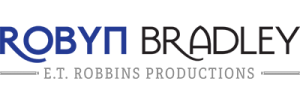A vs. An Before an Acronym: The Pesky Rule Meant to Confuse
OK, Copy Bitch, I’ve got one for you: Is it proper to use “a” or “an” before the acronym LGBTQ? I am a firm believer that “an” should only be used before vowels, so “a” should be used prior to LGBTQ. But everywhere I look, people are writing “an LGBTQ.” What say you?
–Rob F, NYC
It’s the vowel or consonant sound that’s critical, not necessarily what the actual letter is itself. So, because you’d say “el” for the letter “L” (which is a vowel sound), “an” is appropriate.
Grammar Girl explains it quite well in this post.
I’ve been encountering this issue lately with the word “urogynecologist” and “urologist.” (I do copywriting work for a urology practice.) Those words don’t use a vowel sound as in “undercoat.” So I’d say, “I bought an undercoat today. But now I need to find a urologist.”
Hey, we’ll work on having sentences make SENSE in another issue, OK?
Hope this helps!
By the way, if you’re a grammar and punctuation nerd like me, here are two fun (yes, FUN!) books I highly recommend checking out. (Note: These links will lead you to Amazon. As an Amazon Associate, I earn from qualifying purchases.)
- Eats, Shoots & Leaves: The Zero Tolerance Approach to Punctuation by Lynne Truss
- Dreyer’s English: An Utterly Correct Guide to Clarity and Style by Benjamin Dreyer
